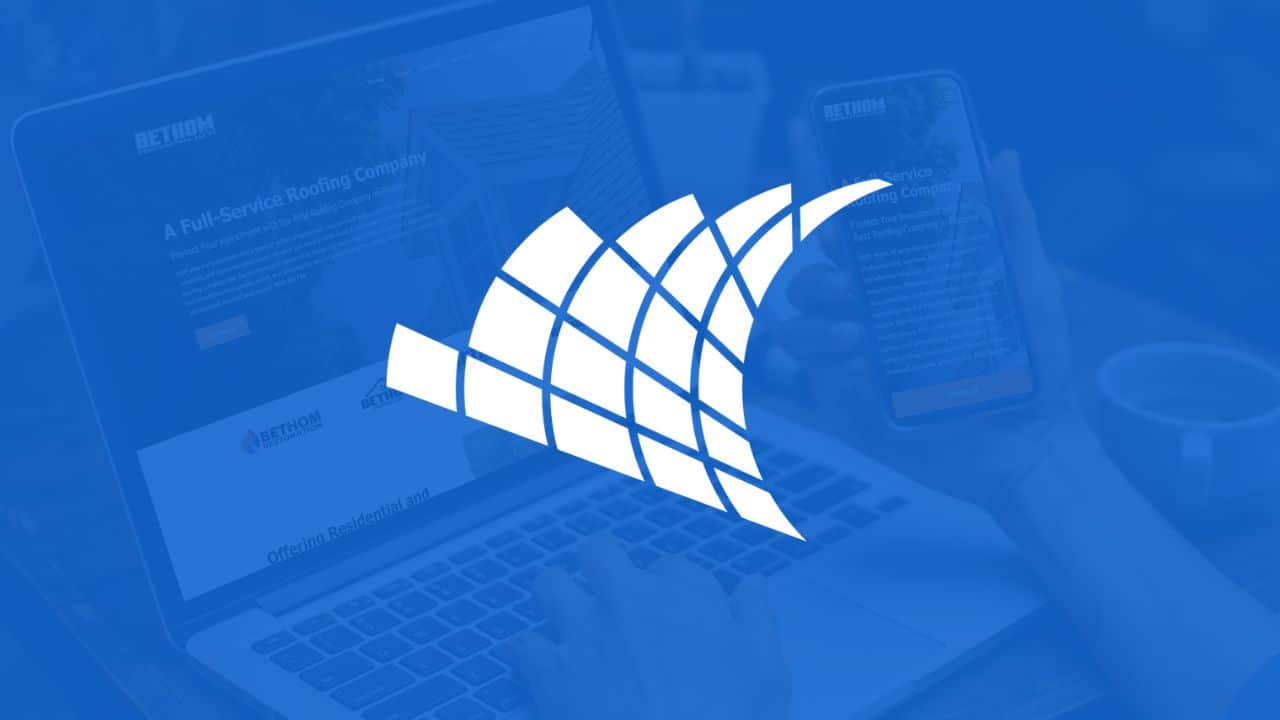At Bluesoft, we want to see our clients succeed. Our primary task is to provide tools and support that help you connect with new leads. Recently, we’ve been excited to start working with and offering a new customer relationship management platform (CRM), GoHighLevel. We have moved in this direction because we think it’s essential that every small business has a CRM. This organizational software should be a day-one decision for your business.
However, just because we think it’s important doesn’t mean we don’t have clients who are hesitant to add another overhead expense. Why should you pay a monthly subscription for software when your smartphone has plenty of room to store your contacts? This post describes several CRM benefits that will help your business as you grow.
1. Get Organized
Rather than saving the best for last, we’ll start with the main reason to invest in a CRM, getting organized. When you started your business, you may have only had a handful of clients whose contact information you could organize with a spreadsheet (or Rolodex if you’re old enough). Plenty of our clients come to us with loose organizational systems, their client contact information shoved in a desk drawer in their office or the glove compartment of their truck.
However, if you’re growing, you’ll quickly discover that not having easy access to client data is a huge obstacle. It makes everything take longer and slows down the process of client acquisition. A well-designed CRM lets you find the information you need with a few taps or clicks.
The ideal time to get on board with a CRM is when your business is just getting started. You’re investing in your business and anticipating your future growth. Your future self will thank you.
2. Capture New Leads
Potential leads can drop into your lap at any time. A local conference yields a stack of business cards. A customer at the gas station sees the logo on your truck and asks about an estimate. If you don’t capture this information at the time, it’s likely to disappear. The opportunity is lost.
Your CRM is a place to trap and store those potential leads as they happen. Many platforms have mobile apps to enter information into your smartphone. The potential client you met in the buffet line will have a contact email waiting for him when he gets home.
3. Identify Top Clients
Everyone knows that not all clients are created equal. Some people hire you one time and disappear. Others keep coming back for your services. For many businesses, the loyal group sustains the company through difficult financial times. But how do you cultivate loyalty when you can’t identify the group?
A CRM tracks the accounts that yield the highest profits and identifies the customers with the closest relationship to your business. You can see who hasn’t placed an order in a while and offer them a special discount, or you can send a bonus to the most reliable clients. Intentionally growing loyalty helps your business thrive.
4. Track Changes in Leadership
If you’re a B2B business, your clients are in constant flux. New staff members come on board, or the leadership changes. Without a system in place, it’s difficult to keep track of these shifts, leaving you with the embarrassment of lost contacts or following up with the wrong person.
A CRM gives you a safe place to store information and make changes as they happen. You can update people’s roles within the client organization and ensure you’re using the latest contact info. You can even add notes so that you’re using preferred names and the proper level of formality. Calling the right contact person may seem like a small thing, but it will make you look organized and professional.
5. Streamline Email Marketing
Segmentation is a popular buzzword in digital marketing. Identifying affinity groups within your contacts increases your marketing ROI because you only send relevant information to the right people. For example, there’s little point in sending window replacement specials to people who don’t own their homes. Many CRMs integrate with popular email platforms, making it simple for you to send bulk emails to specific groups within your contacts.
Your CRM can also help you automate a series of emails. Sending an email at specific points in the customer journey is often the nudge that converts a lead into a client.
6. Automate Estimating and Billing Processes
Automation is a huge benefit of a CRM. Customer relationships involve repeated processes. You visit the project site and create an estimate. If the client is interested, you write up a contract and take a deposit. Whatever your onboarding process, a CRM can simplify it with preprogrammed steps. This ability means less repetitive work for you and your staff as well as better organization. A quick look at a client’s file will tell you where they are in the process, streamlining the customer journey.
7. Improve Internal Communication
Using a cloud-based CRM means that everyone who needs information about a client within your organization can find it. The accounting team can easily track invoices and payments. The sales team can view notes about the last contact. Everyone can inform you about missing pieces and next steps. At the same time, you’ll avoid repeated questions, unnecessary emails, and the awkwardness of feeling clueless during client phone calls.
8. Informed Decision Making
A CRM gathers a pile of data specific to your business. The platform lets you look at what’s trending in your organization. What types of clients are you seeing? What services are coming in and out of popularity? Which clients are demanding the most time and which are yielding the highest profit?
This knowledge sets you up to make informed decisions. Some important areas include:
- When to hire new employees
- Which training opportunities to pursue
- Geographic areas to emphasize
- Services to phase in or out
- Equipment or facilities to invest in
Many people want to go with their gut when making tough decisions. We recommend filling your gut with data before making long-term choices.
9. Provide a Personalized Experience
The final benefit we’d like to highlight is how a CRM can help you and your business provide a better customer experience without much additional effort. No matter your industry, clients like to feel they have been seen and heard. A CRM is a place to store client preferences and notes from interactions. When a client calls, you have immediate access to their history: past projects, preferred names, and other quirks. It’s the small details that can result in a follow-up project or a referral from a satisfied client.
We hope this discussion of CRM benefits has piqued your interest in getting on board with a platform. We have been thrilled with how our partnership with GoHighLevel has helped many of our clients, and we would be happy to meet with you to share more information. However, we recognize you might prefer a platform specific to your industry. Whatever CRM you choose, use it consistently and you will soon reap the benefits of providing a streamlined, positive customer experience.




